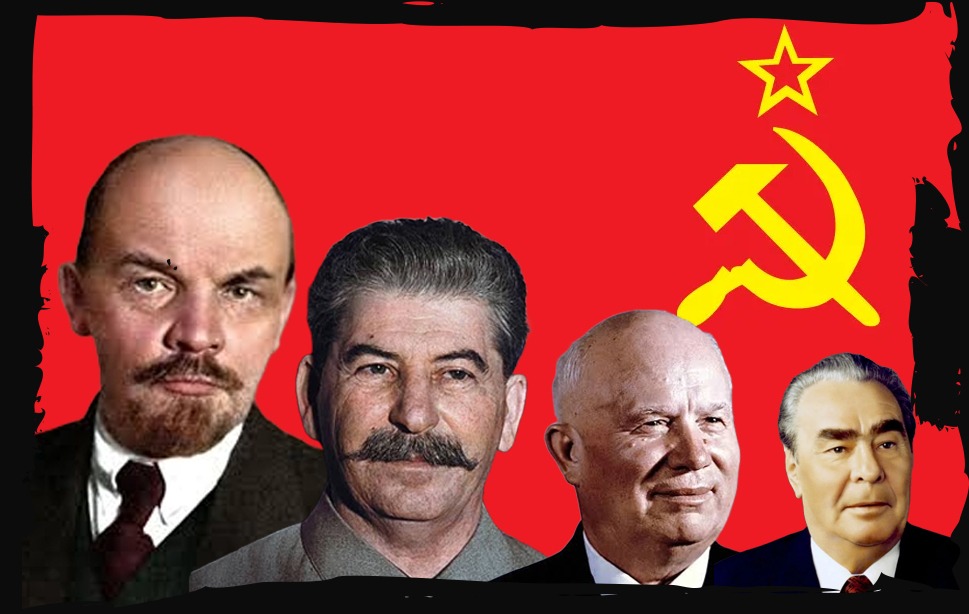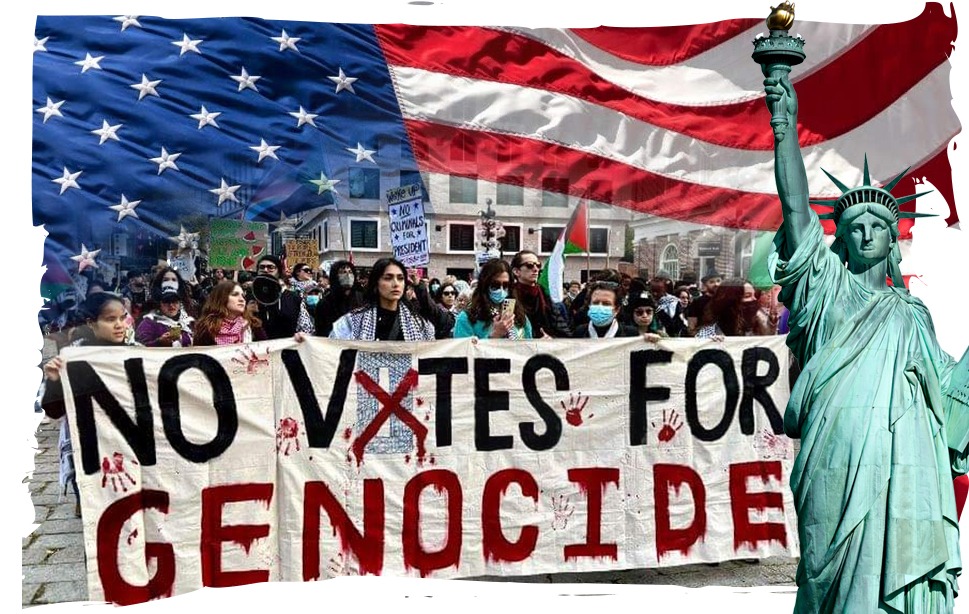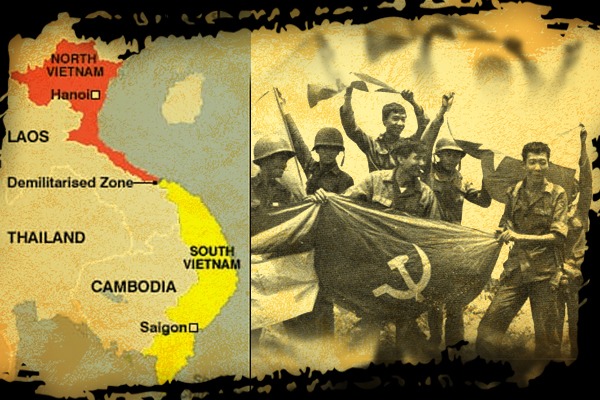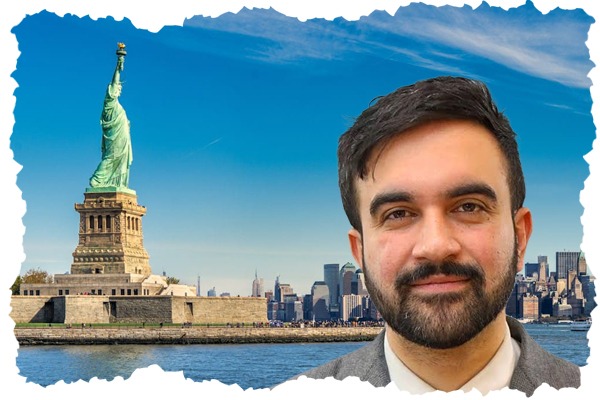From the angle of realist school and liberal academia “global south” as a category is an ideal concept which is far from reality. In an article titled “Is There Such a Thing as a Global South?” C Rajamohan commented that the idea is emotionally strong but fundamentally flawed. He even dismissed the very category of global south citing the previous experiences of NAM, Third Worldism and G-77. The setbacks faced by these initiatives in the very global south was also highlighted by him in the article.
In my analysis the article followed the premises of Popperian theory of falsifiability. But as Thomas Kuhn states in Structure of Scientific Revolution; “no theory ever solves all the puzzles with which it is confronted at a given time; nor are the solutions already achieved often perfect. On the contrary, it is just the incompleteness and imperfection of the existing data-theory fit that, at any time, define many of the puzzles that characterize normal science.” Addressing the realist criticism of global south and multipolarity the current patterns of SCO and BRICS+ are focusing on fundamentally creating a multipolar world and a strong global south instead of emotionally holding to ideas. The basis of Shanghai Cooperation Organization and BRICS+ is to bolster their economic relations and satisfying their ambitions.
The biggest achievement of SCO is stabilization of central Asia. The 24th summit of the Council of Heads of State of the Shanghai Cooperation Organization (SCO) on July 4 adopted the Astana Declaration and approved 25 strategic documents covering energy, security, trade, finance, and information security. During the summit, SCO member states endorsed the Initiative On World Unity for a Just Peace, Harmony and Development, initially proposed by Kazakhstan. According to the Astana Declaration, member states underscored the SCO’s role in bolstering global peace, security, and stability and shaping a new democratic, equitable international political and economic order, inviting the global community to join the initiative.
Belarus received the green signal to be an official member of SCO. What are the possible outcomes of this summit? What is the future of SCO and BRICS grouping? Statistically, SCO represents 40% of the world’s population, and member countries contribute approximately over USD 23 trillion to global GDP. BRICS is an important grouping bringing together the major emerging economies from the world, comprising 41% of the world population, had 24% share of the world GDP and over 16% share in the world trade in 2021. According to some reports, BRICS+, as the organization is informally called since its expansion now accounts for around 37% of world GDP in 2024. BRICS countries have been the main engines of global economic growth over the past years.
As said earlier the tensions and instabilities in central Asia was resolved by SCO. Terrorism was a grave issue in central Asian countries. Since it is the product of imperialism, terrorism became a global phenomenon and international communities, organization is very cautious about dealing with it. SCO is one of the finest examples of resolving terrorism and establishing peace. In the textbooks of West counter terrorism is about military raids and actions of which the sole beneficiary is military industrial complex. But SCO was successful in stabilizing central Asia by axing the socio-economic roots of terrorism. BRICS+ is a group of developing countries that are set to lead the global economy in future. But the foundation stone of BRICS is certainly the doubt on the credibility of dollar based global system.
Are the initiatives for dedollarisation and multipolar world getting materialized? In a blog post written by Josep Borrell, the European Union’s high representative for foreign affairs, on February 25, 2024 he warned that if the current global geopolitical tensions continue to evolve in the direction of ‘the West against the Rest’, Europe’s future risks to be bleak. He also admitted that the growth of Europe and global north depended on China and Russia. With the escalation of conflicts in Ukraine, the relation between global north and Russia severed. But 2022-23 timeline in international politics witnessed some weeks where decades happened. Russia and China enhanced their diplomatic proximity to the greatest in their history ever. The Saudi- Iran deal brokered by Beijing; the re-integration of Syria to the Arab League; the entry of Iran to the SCO, and the appointment of Dilma Rousseff at the apex of the BRICS bank. The initiatives to counter dollar hegemony are slowly penetrating the realpolitik. The idea of weakening dollar dependency is not an infant child in realpolitik. The IMF had made a similar proposal in which the dollar could be substituted with SDR (special drawing rights).
Renowned economist Joseph Stiglitz authored a paper “Towards A New Global Reserve System,” producing an economic analysis on replacing the dollar. The long-forgotten Chiang Mai initiative and the proclamation of Gaddafi to replace the dollar with gold reserves at the African Union conference were all minuscule footnotes in the history of de-dollarization initiatives.
The aftermath of Russia-Ukraine war triggered anti-dollar activities to a new phase. The ongoing de-dollarization efforts and ending the dominance of the dollar are not China’s only goal. China is not the only one to see the dominance of the dollar as a problem. In that regard, many countries like Russia, India, France have the same position. De-dollarization does not mean the elimination of the dollar, but the reduction of its dominance. The Euro is a case in point. But due to imbalances in European countries and weak financial markets, the euro cannot challenge the dollar. Similarly, while energy shocks affect Europe, the petrodollar is always a boon for the US at the other end. The EU has no interest in de-dollarization as it has no desire to overtake the dollar.
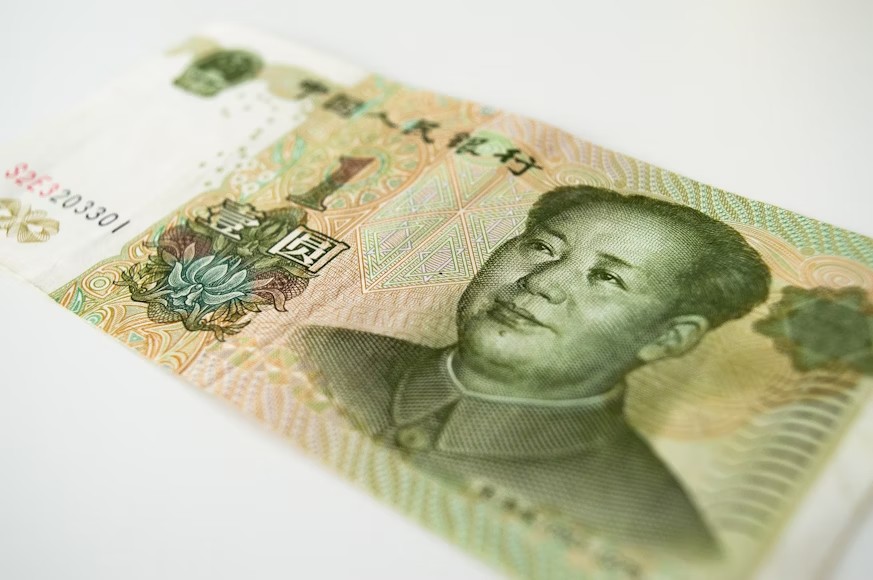
In 2009, France, China, Russia and others commented that there should be a global reserve system at the UN Conference on World Financial and Economic Crisis, and the UN was ready to study it. However, that did not happen due to the intervention of the United States. The Commission of Experts on Reforms of the International Monetary and Financial System, appointed by the UN, has studied the weaknesses of the dollar and how it affects the economies of other countries. The main finding of this is that the economic crisis in the United States becomes a crisis for the whole world. Countries used non-dollar currencies to overcome the 2007 global financial crisis. Therefore, not only China, BRICS countries, Saudi Arabia and France are also involved in de-dollarization. In January 2023, Saudi Arabia declared that they are ready to trade crude oil in any currencies. Challenging dollar hegemony will be the agenda of the BRICS summit that will be held in Russia this year.
A “Realist” Take
Let me quote S. Jaishankar the Minister of External Affairs, India also the favourite personality of current realists. In his opening remarks to the SCO Summit, he said that “the world is inexorably moving towards multipolarity and SCO will be more important.” Today, multipolarity is not just a dream, but it is an aspiration of numerous countries. This will prompt the realist to pop a question. “What is the ideology of global south and multipolarity.” The criticism towards initiatives like NAM, Thirdworldism, Tricontinental etc stemmed from the question of ideology. Socialism and anti-imperialism were the cornerstones of these movements. But the members of the movements failed to be consistent in the ideology due to fluctuations in international politics and their internal politics. The new movements for the strengthening of multipolarity and global south has no such ideologies. But the formation of the ideology will happen in the due course. Currently economic ties and stability against dollar hegemony is the core aim.
The fight against US led dollar hegemony is not a struggle to completely dismantle dollar. The attempt is to end monopoly of West and establish a diversified, stable and peaceful global economy. Is it possible? Well, rowing against the current is never a piece of cake. Challenging a historic, old and vicious system is never an easy task. Afterall, Rome was never built and destroyed in one day. More countries are now seeking memberships in SCO and BRICS. The political developments against neocolonialism in Africa, the emergence of Left progressive regimes in Latin America will bolster the attempts for de-dollarisation and multipolarity.
In the global economy where countries are interconnected economically, the realist motto of “no permanent friends, no permanent enemies, but only permanent interests” is the torchlight for every country. Surprisingly the category of global south and multipolarity is not in conflict with the motto. In the West dominated world order, Asian, African and Latin American countries are frustrated because of the deprivation of opportunity and equal share. In short, dedollarisation and every attempt to multipolarity is a fight against the unequal world order. Due to the complexities and diversities there will be balance of power between countries. Emergence of multipolarity is the solution for the economic crisis we are facing at the global level. Countries have come to the understanding that economic development can lead to peace and stability and vice versa. Many will be saddened to see if the new multipolarity movements are termed as NAM 2.0. But the basic tenets of multipolarity is non-aligned movement.
Global south and its leaders have learned from the past and the tools of praxis are sharpened in relation to current dynamics. The focus of multipolarity is on political economy as it is the base on which hegemonies are constructed. In coming times, cultural wars will be replaced with class war. Global South and multipolarity may not be led by socialist countries, but its success will be based on the economic lessons that was dictated by Marx and Lenin. We have no illusion that current movement is “socialism.” But it is clear that the contradictions of capitalism and imperialism identified by Marxism is visible throughout every events. Multipolarity may not be essentially Marxist discourse. But it is surely the dissatisfaction against capitalism and imperialism. It is the whirlwinds unleashed by capitalism turning against it.



